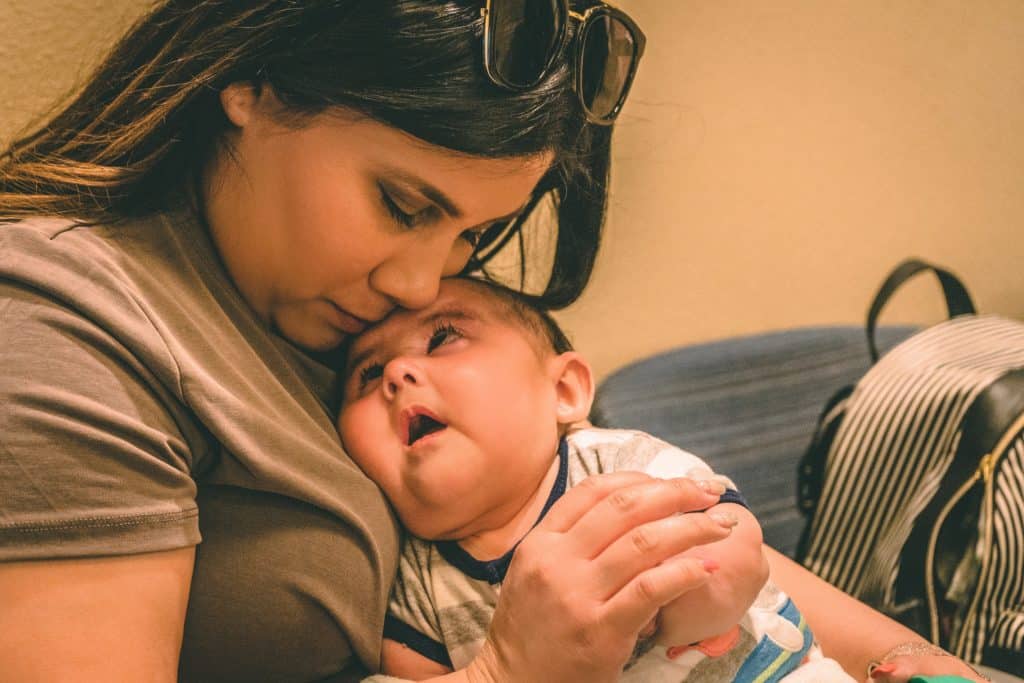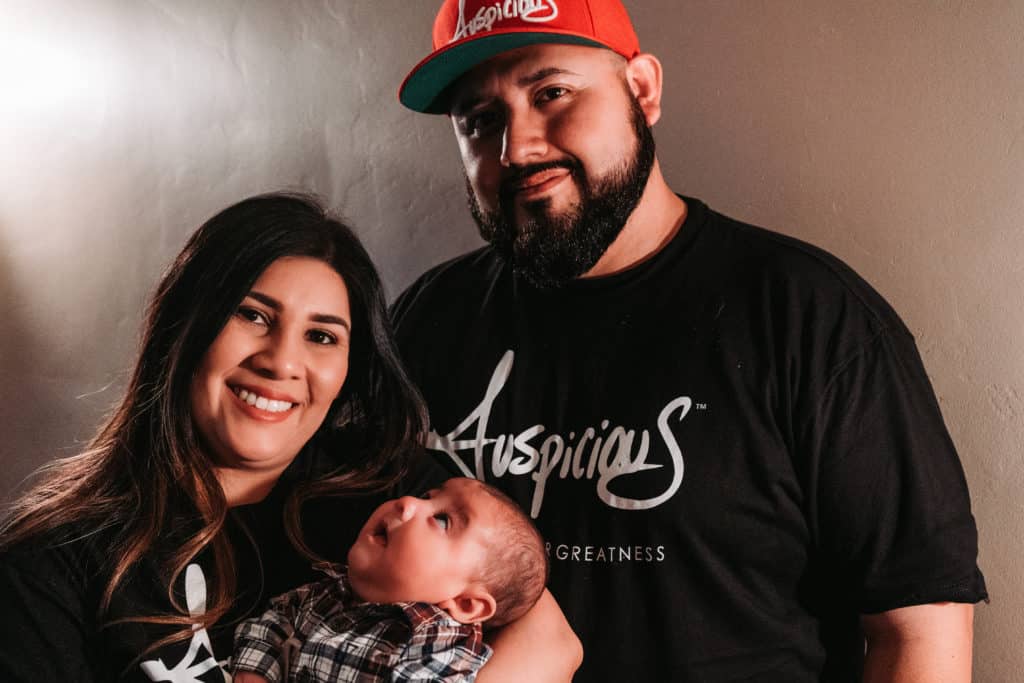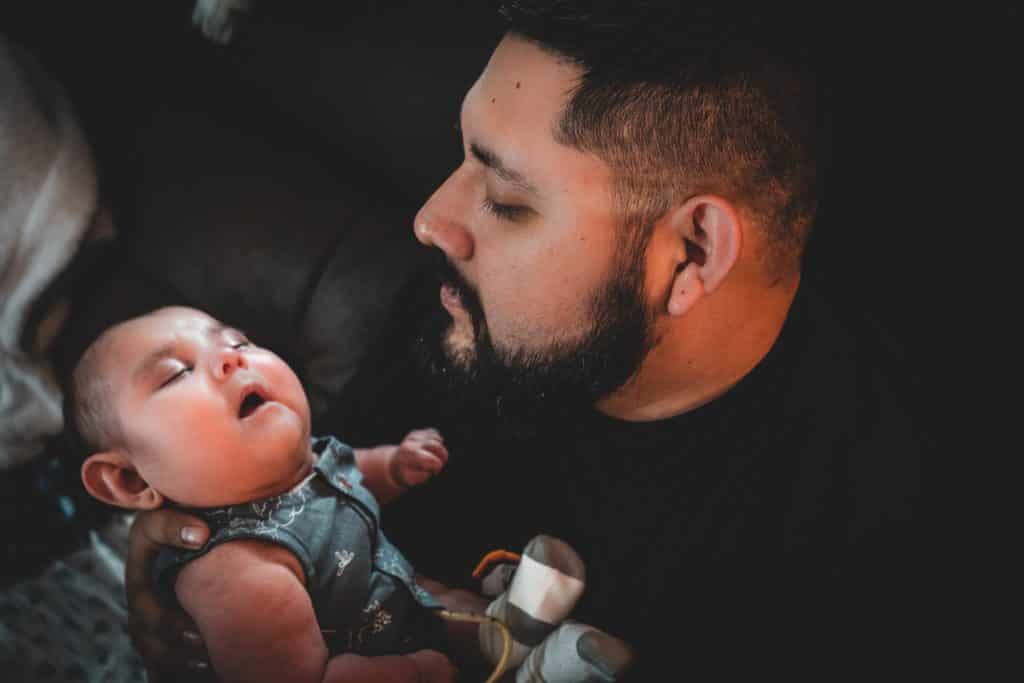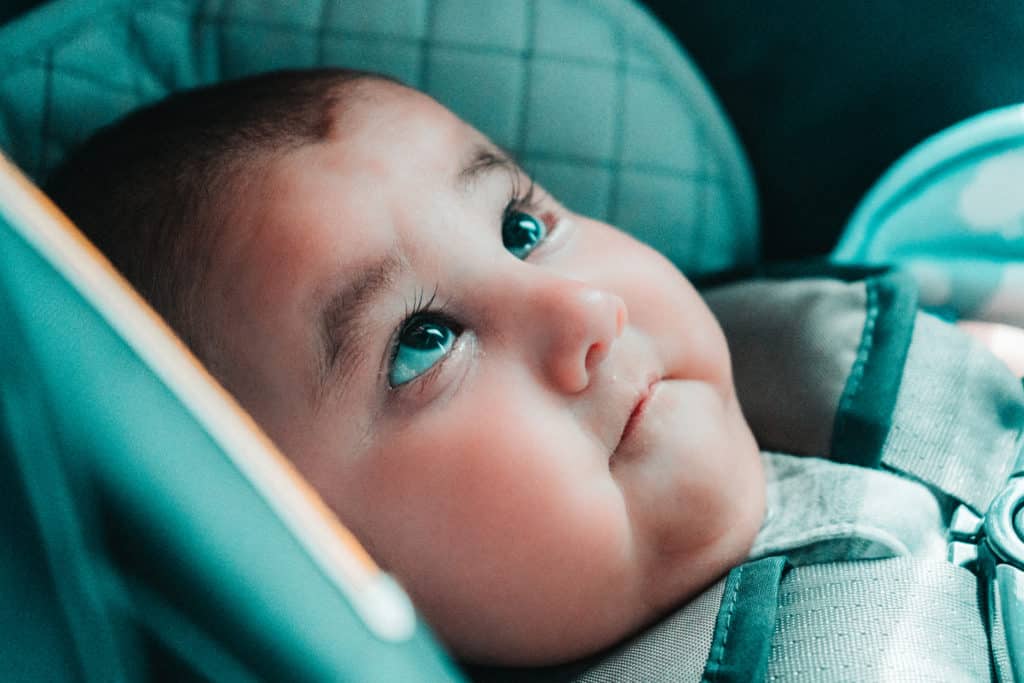Washington Post: Early research study results show that genome sequencing is catching conditions not found through traditional newborn screening.






It’s very rare to be able to use the most advanced, innovative medical technology to improve a child’s life and save money, yet Project Baby Bear did both.
Led by Rady Children’s and funded by the State of California, Project Baby Bear provided rapid Whole Genome Sequencing for infants hospitalized in intensive care while yielding life-changing benefits and saving $2.5 million in medical costs.
Under the 18-month program, the genetic code of 178 critically ill babies at five hospitals across the state was sequenced to diagnose and guide personalized care resulting in shorter hospital stays, fewer unnecessary procedures with better outcomes for the children and their families.
| Pilot Sites | # of Babies | Babies Diagnosed | Babies Whose Care Was Changed* | Days to Results** |
|---|---|---|---|---|
| Children's Hospital Orange County | 23 | 12 (52%) | 9 (39%) | 2.5 |
| Rady Children's Hospital-San Diego | 59 | 22 (37%) | 19 (32%) | 3 |
| UC Davis Children's Hospital (Sacramento) | 34 | 12 (36%) | 8 )24%) | 2 |
| UCSF Benioff Children's Hospital Oakland | 24 | 12 (50%) | 8 (24%) | 2 |
| Valley Children's Hospital | 38 | 18 (47%) | 10 (26%) | 3 |
| TOTAL PROJECT BABY BEAR CASES | 178 | 76 (43%) | 55 (31%) | 3 |
*Results confirmed 21 babies were already receiving appropriate care.
**Median # days to delivery of provisional positive results
© 2025 Rady Children's Institute for Genomic Medicine.